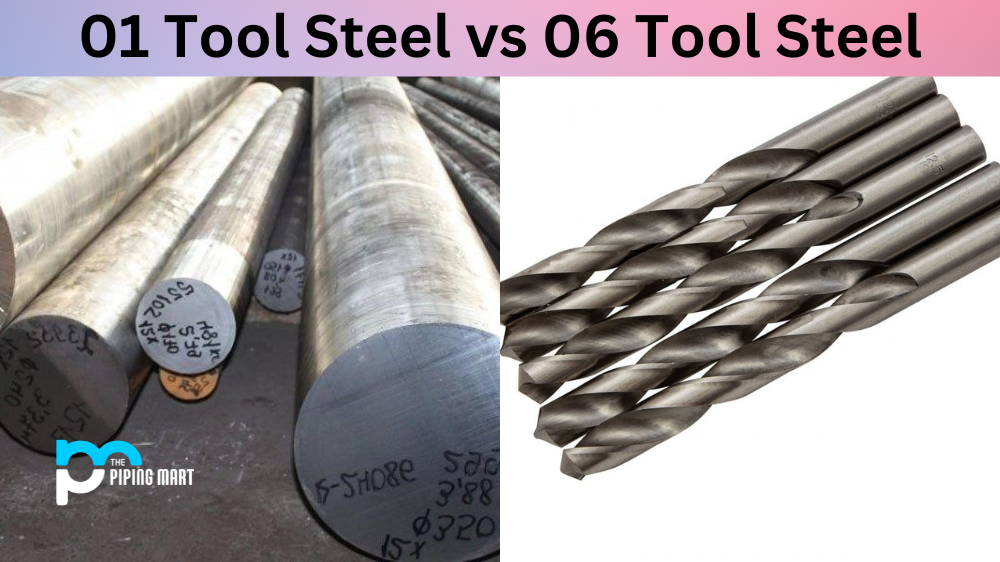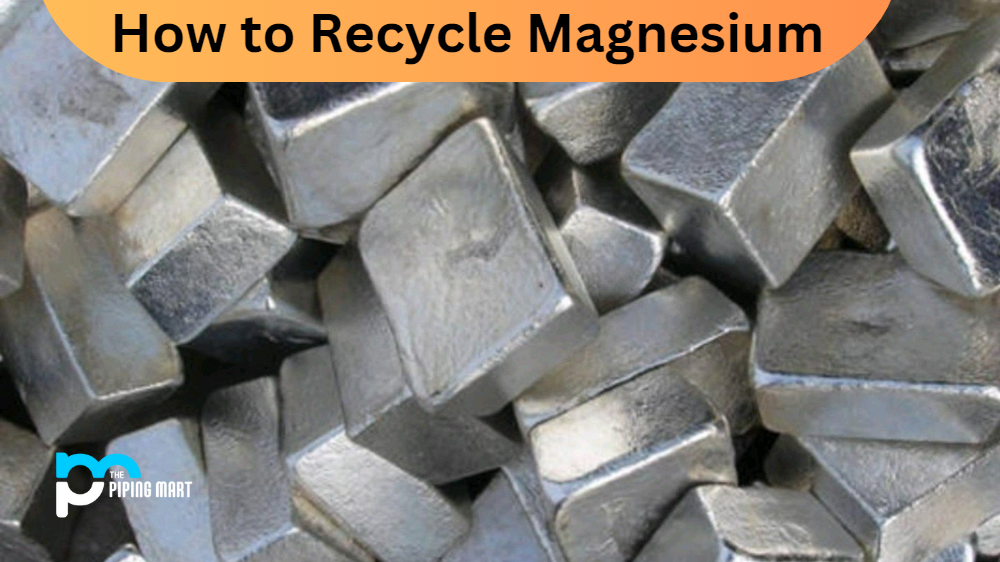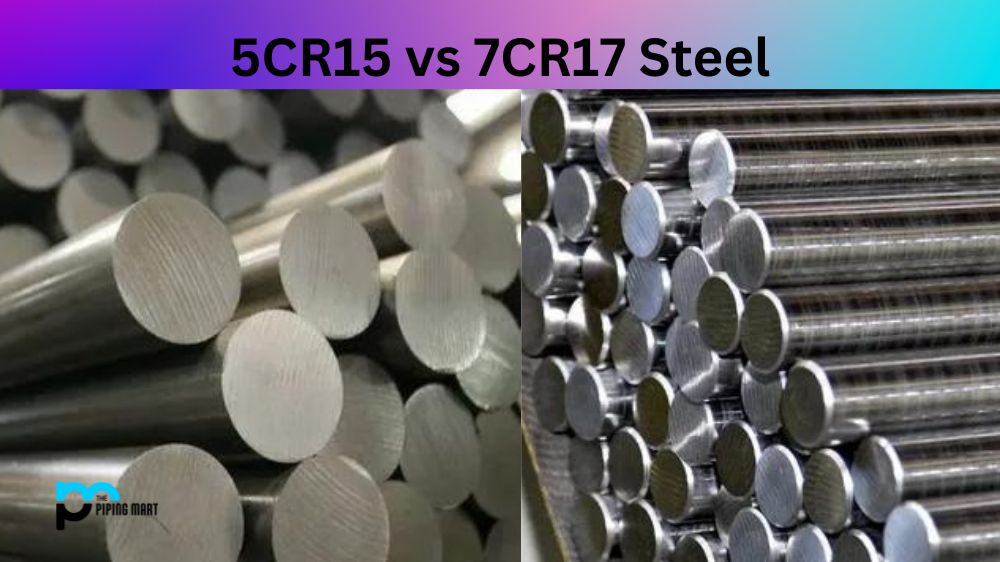When choosing tool steel, it’s important to consider several factors, such as the application and intended use, as well as properties like hardness, durability, and resistance to wear and corrosion. Two popular types of tool steel that are often compared are 01 and 06. In this article, we’ll look closely at each to help you determine the best choice for your needs.
What is 01 Tool Steel?
01 tool steel is one of the market’s most widely used and versatile tool steels. It’s a high-carbon, high-chromium alloy often heat-treated to achieve a hardness of between 56 and 60 on the Rockwell scale. This makes it highly wear-resistant and ideal for tools subjected to repetitive impact or abrasion. It’s also relatively easy to fabricate and machine, making it popular for various applications, from cutlery to mould-making.
What is 06 Tool Steel?
06 tool steel is a medium-carbon, high-chromium alloy tempered to a hardness of around 62-64 HRC. This makes it harder and more wear-resistant than 01 tool steel, making it ideal for applications requiring extreme toughness, such as stamping and blanking die, forming tools, and punches. Unlike 01 tool steel, 06 tool steel has a higher carbide content, giving it greater resistance to wear and chipping, making it more suitable for applications requiring high precision and accuracy.
Difference Between 01 Tool Steel and 06 Tool Steel
So which one is better?
Interestingly, there is no clear-cut answer to this question, as the decision ultimately comes down to the application’s specific needs. If you need a tough, abrasion-resistant tool, 06 tool steel is the winner. On the other hand, if you need a tool that is relatively easy to machine and fabricate and is resistant to wear, then 01 tool steel is likely the better choice.
Other Factors to Consider
It’s important to remember that the choice of tool steel is not the only factor that can affect the performance and longevity of your tools. Other factors, such as heat treatment and surface finish, can significantly determine the final outcome. The choice of tool steel can also be affected by cost, availability, and lead times.
Benefits of 01 tool steel
01 tool steel benefits from its high carbon content, which makes it hard and durable. Additionally, 01 tool steel can be heat treated to achieve a higher hardness, making it ideal for applications where strength and wear resistance are important.
Benefits of 06 tool steel
06 tool steel benefits from its low carbon content, which makes it easy to work with and weld. Additionally, 06 tool sheets of steel are less likely to warp or crack during welding than other steels.
Conclusion
In conclusion, the choice between 01 and 06 tool steel ultimately comes down to the application’s needs. Both options have advantages and disadvantages, and the final decision should be based on factors such as toughness, wear resistance, and ease of fabrication. If you need help deciding which tool steel to choose, consult a professional and seek their advice on which option best suits your needs. With the right steel tool, you can ensure that your tools will meet your application’s demands and provide excellent performance and durability for years.
Sakshee is a talented blogger, with a particular focus on the Business and Metal Industry. She is passionate about sharing her insights on various metal products and helping professionals to make a better decisions.




